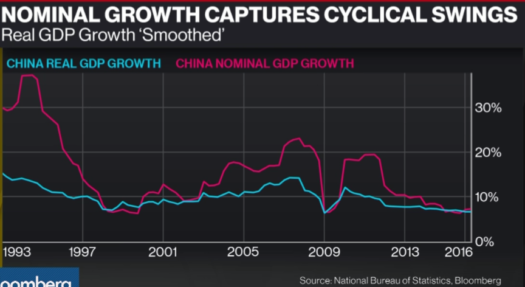Some professions look really easy, even to outsiders. Others look really hard. In fact, most are difficult for outsiders. Consider the following imaginary remarks:
1. It’s not my fault the patient died; I’m not a brain surgeon.
2. It’s not my fault that my client got the electric chair; I’m not an attorney.
3. It’s not my fault that I missed the game winning shot; I’m not a basketball player.
My response would be, “If you are not a brain surgeon, then don’t do brain surgery”. Ditto for attorneys and NBA basketball players. And if you aren’t a skilled politician, then don’t do politics. And for God’s sake, don’t get your apprenticeship by running for President.
Some people will argue that Eisenhower was not a politician. Nonsense. He had not been elected to public office, but he had extensive political experience at the very highest levels of government. Trump has none, and it shows.
Trump is already making excuses, in case he loses. He says it won’t be his fault, as he’s not a politician.
There’s a reason that we usually nominate politicians to be presidential candidates, it’s tough when your very first job is in a field that you know nothing about, even more so when it is the most difficult job in the world.
Here’s the WaPo:
It is peculiar in the extreme — unprecedented, according to the former agent — for a candidate for president to prompt concern about inciting violence against his opponent. Even if not intentional, Trump is so cavalier and/or inarticulate as to invite sincere concern about his words’ effect on his loyalists. But then, in his word salad of half-sentences and disconnected thoughts, it is often hard to figure out what in the world he is trying to say. (On the difference between coal from the United States and China, he announced, “We have a very, very small planet compared to the universe, right? And that stuff is going up and they’re not cleaning it.” What?!?)
What we do know is that Trump has repeatedly egged on his crowds and boasted that he would have hit this or that protester in the face. His henchman Roger Stone warned of “days of rage” at the convention if the nomination didn’t go to Trump. This is the language of thugs and fascistic pretenders who seek to discredit and undermine democracy itself.
Hillary Clinton was certainly entitled to rub it in. At an event on Wednesday, she told the crowd in Iowa, “Words matter, my friends, and if you are running to be president or if you are president of the United States, words can have tremendous consequences.” She continued, “Yesterday, we witnessed the latest in a long line of casual comments from Donald Trump that crossed the line. His casual cruelty to a Gold Star family, his casual suggestion that more countries should have nuclear weapons, and now his casual inciting of violence.” She concluded, “Every single one of these incidents shows us that Donald Trump simply does not have the temperament to be president and commander in chief of the United States.” Can anyone really take issue with that?
Well, we passed “unfit for office” months ago, but Republicans might want to consider whether Trump’s Second Amendment threat is the last, best chance to dump him. Neither House Speaker Paul Ryan (R-Wis.) nor Senate Majority Leader Mitch McConnell (R-Ky.) responded to a request for comment. They might consider coming out en masse against Trump. At a time when many ordinary Republicans are decamping from Trump’s camp, GOP “leaders” seem paralyzed by indecision. They risk a real calamity (political and, God forbid, otherwise) if they remain silent. But mostly they look lost, irresponsible and blinded by partisanship.
What’s surprising about Trump is not that he has a flaw, other candidates were known for garbled sentences. (Although I consider that to be kind of inexcusable in a Presidential candidate. After all, talking is one of the President’s most important responsibilities.) What surprises me about Trump is that he’s so bad at so many of the skills needed to be a politician, like not giving the Secret Service the impression that you are trying to encourage others to assassinate your rival:
Trump insults nearly every subset of Americans. He lacks rudimentary knowledge of our government and critical policies. But are Republicans really going to persist in running a candidate for president whose campaign the Secret Service had to speak to multiple times concerning language that can be taken as a call for violence? CNN reported:
I guess the Secret Service is also “unhinged and deranged”.
Now I see that Trump is starting to drag down GOP Senate candidates, even as he grows ever more apathetic about his own race for President. Won’t it be nice when Hillary has a majority Democratic Senate to rubber stamp her appointments?
PS. How many times have you heard the following:
I’m not an economist, but it seems like . . .
I always brace myself for what’s coming next.
PPS. Why does Trump have to step in it every single day? Here’s the latest from Jim Geraghty.
PPPS. And here Trump provides additional details on how he plans to pay off the entire national debt in 8 years.


